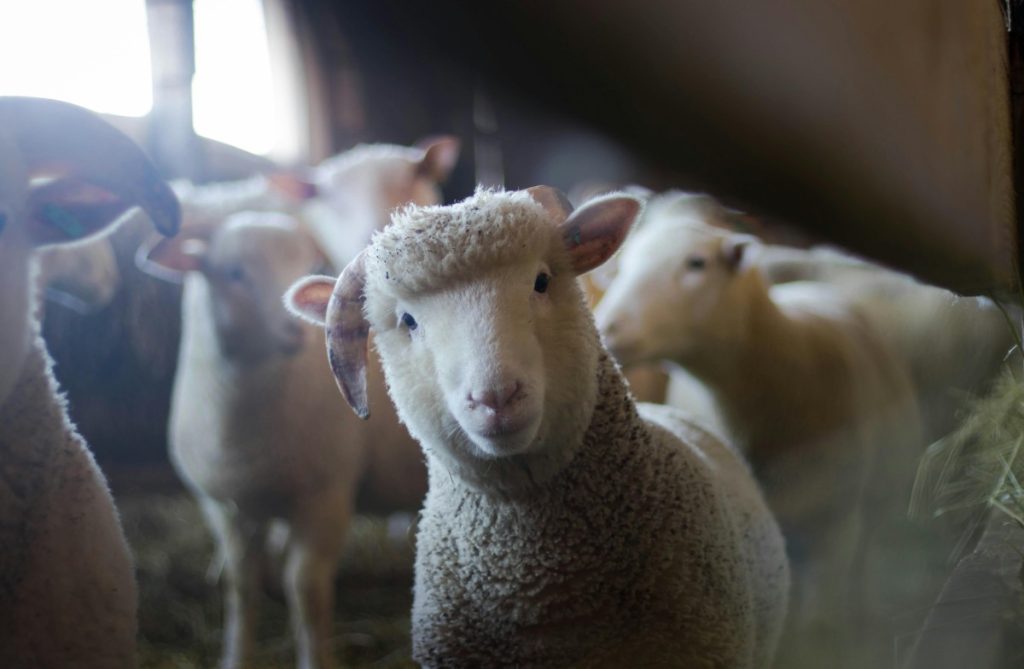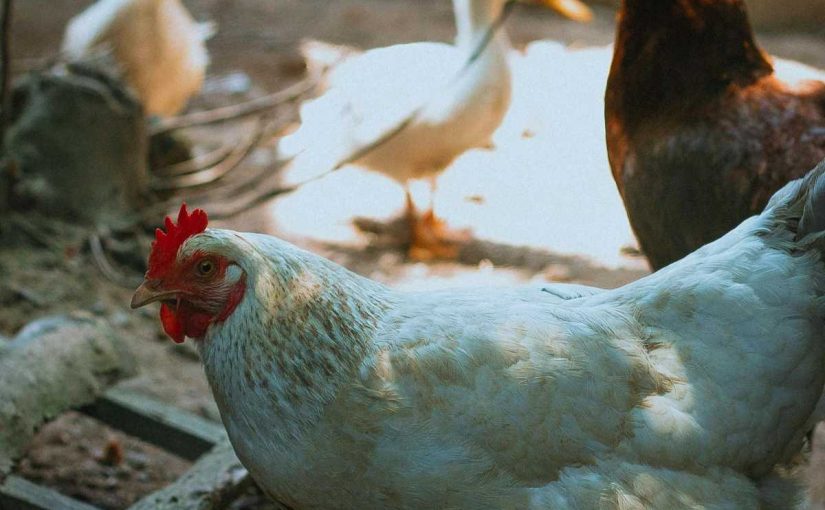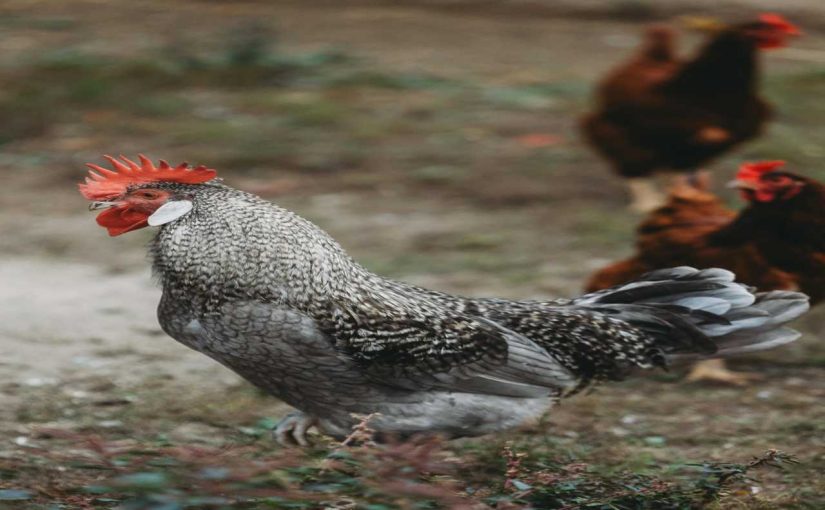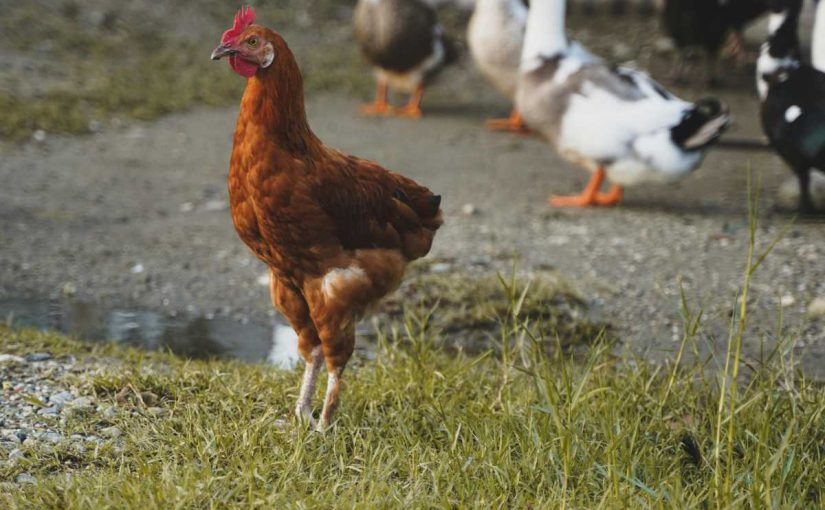Chickens are social creatures that thrive in the company of other animals. While it’s common to see chickens coexisting with other barnyard animals like goats or ducks, there are some surprising and unconventional animals that can also make great companions for your flock. These unexpected friends can help enrich your chickens’ lives, provide pest control, or simply offer mutual companionship. Let’s explore five unconventional animal friends for your chickens that can enhance your backyard ecosystem.
1. Guinea Fowl
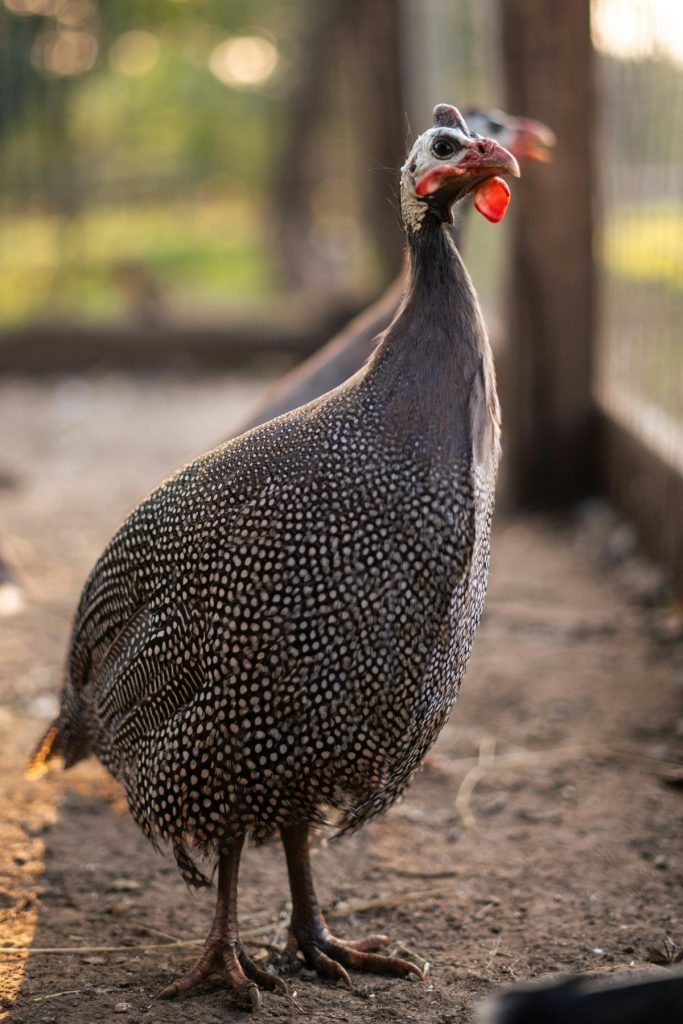
Guinea fowl may not be the first animal you think of when it comes to chicken companionship, but these birds make excellent partners for chickens. Native to Africa, guinea fowl are highly effective at pest control, especially when it comes to ticks and other insects. Their foraging habits complement chickens, and they can peacefully share the same space.
Benefits:
- Pest Control: Guinea fowl are excellent at controlling ticks, fleas, and other pests, which can benefit both chickens and your yard.
- Guardians: Known for their loud calls, guinea fowl can serve as a natural alarm system, alerting your chickens and you to any potential danger.
- Minimal Conflict: Guinea fowl tend to mind their own business and don’t usually challenge chickens for food or territory.
Tip:
Ensure that your guinea fowl have enough space, as they are more independent and tend to roam farther than chickens.
2. Goats
Goats and chickens can coexist quite happily in the same space. These two animals can share pasture, and their interaction can create a balanced farm environment. Chickens will often scratch through goat manure looking for bugs, while goats help keep larger areas of land free of overgrowth.
Benefits:
- Land Maintenance: Goats can clear weeds and overgrown areas, creating better foraging space for your chickens.
- No Direct Competition: Goats and chickens do not compete for the same food sources, making them good companions.
- Enrichment: Goats can provide a calming presence, and some chickens may enjoy interacting with the larger animals.
Tip:
Make sure goats and chickens have separate areas for food and shelter to prevent any accidental trampling or food contamination.
3. Sheep
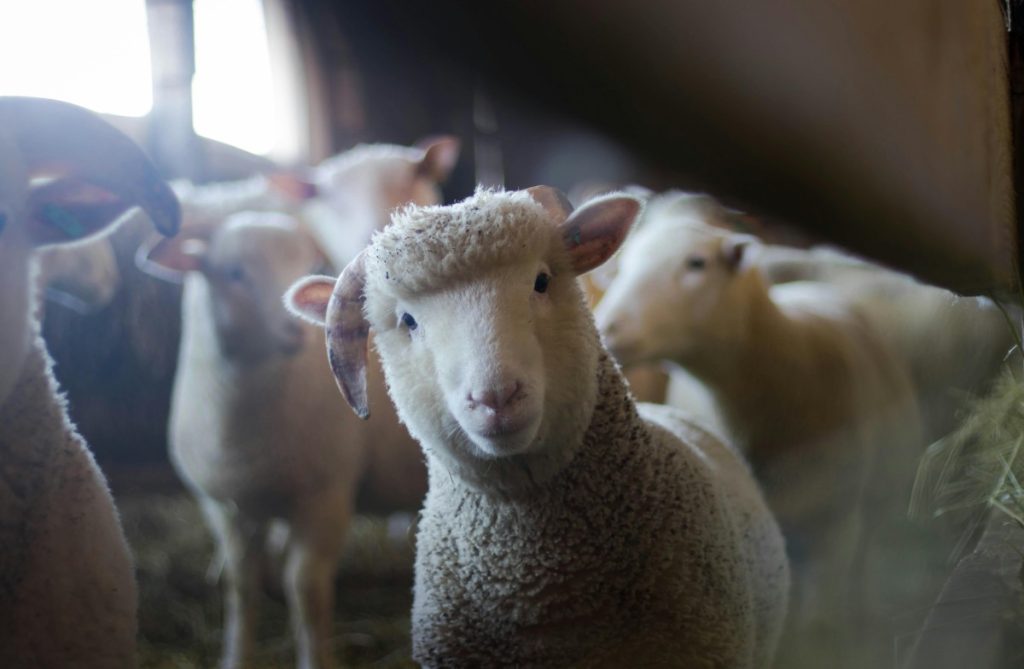
Sheep are another great addition to a backyard flock. Like goats, sheep can help maintain the pasture and provide a gentle presence in the yard. Chickens and sheep can cohabitate without issues, and chickens may enjoy foraging in the grass after sheep graze.
Benefits:
- Grazing Support: Sheep keep the grass trimmed, making it easier for chickens to forage.
- Manure Scratching: Chickens will often scratch through sheep manure, helping break it down and aerate the soil.
- Calm Companions: Sheep are generally docile and can offer a peaceful environment for your chickens.
Tip:
Provide your sheep with separate feeding stations, as chickens may peck at their feed, and sheep require different nutrition.
4. Rabbits
Rabbits and chickens can share space in the coop or yard, especially if they are raised together. Rabbits are quiet, gentle, and typically do not pose a threat to chickens. They can coexist well in a well-planned environment and offer companionship without disturbing the pecking order.
Benefits:
- Low Impact: Rabbits don’t compete for food or space, and they tend to keep to themselves.
- Shared Housing: With proper design, rabbits and chickens can share an outdoor run or coop.
- Manure: Rabbit manure is high in nitrogen and can be directly added to gardens, benefiting both your chickens’ foraging area and garden soil.
Tip:
Make sure your setup has designated areas for both rabbits and chickens to rest, and ensure that the coop or run is predator-proof.
5. Bees
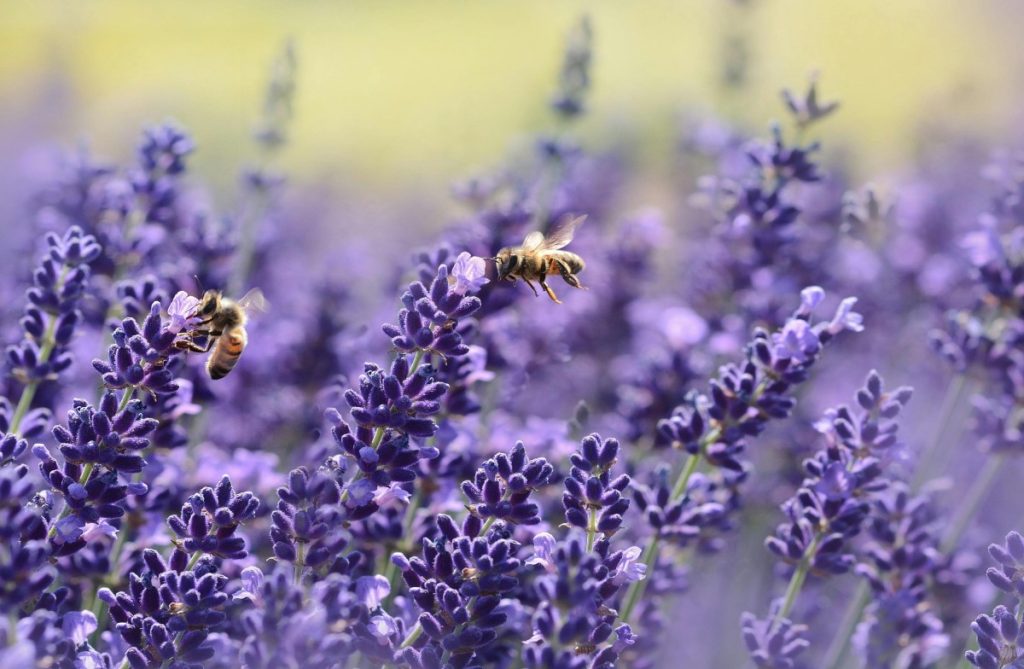
Bees might not interact directly with chickens, but they are great companions in a shared ecosystem. Having a beehive near your chicken coop or garden can provide natural pollination for plants while helping to balance the ecosystem. Chickens can help keep pests away from the hive, while bees benefit your garden by increasing fruit and vegetable production.
Benefits:
- Pollination: Bees increase the productivity of plants in your garden, which, in turn, can provide your chickens with more natural foraging options.
- Balanced Ecosystem: The presence of bees promotes a biodiverse environment, supporting both your chickens’ habitat and the surrounding garden.
- Mutual Benefits: Chickens help by eating pests that may harm the hive, while bees support a healthy garden for chickens to forage.
Tip:
Keep the beehive at a safe distance from the coop and ensure that the bees have a clear path to forage without feeling threatened by the chickens.
Conclusion
Pairing your chickens with unconventional animal friends can enrich their environment, provide practical benefits like pest control and land maintenance, and create a thriving, balanced backyard ecosystem. Whether you add guinea fowl for pest control, goats for land clearing, or even bees for pollination, these surprising companions can help your chickens live happier, healthier lives. Make sure to properly introduce and manage the space for all animals to ensure peaceful and productive cohabitation.

